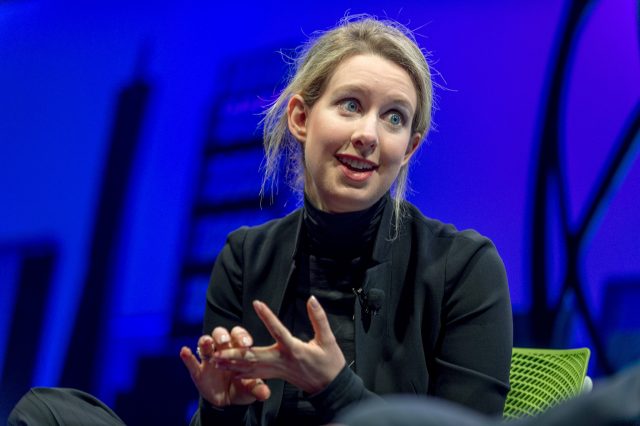
According to the press release, the Centers for Medicare & Medicaid Services (CMS) also revoked the CLIA certificate for the company's Newark, California lab. The CMS conducted an investigation of the Newark lab in 2015 after media reports began questioning the efficacy of Theranos' methods.
As Ars has reported, in recent months Theranos has been slammed by the media and federal inspections saying its blood testing devices don’t work. The company’s president stepped down, Theranos voided or corrected tens of thousands of blood test results, and Walgreens dumped its arrangement with the company. Theranos now faces hefty federal sanctions, criminal charges, and several lawsuits from ex-customers. It has seen its valuation drop from $9 billion to just $800 million.
Among other sanctions, the company will also be required to pay an unspecified fine, and can no longer receive Medicare and Medicaid payments.“While we are disappointed by CMS’ decision, we take these matters very seriously and are committed to fully resolving all outstanding issues with CMS and to demonstrating our dedication to the highest standards of quality and compliance,” Holmes stated.
The CLIA revocation will not formally take effect for another 60 days, but Theranos is halting testing in the Northern California lab immediately. It will continue testing in its Arizona lab.
Theranos can appeal the CMS' judgment, but according to the Wall Street Journal, such appeals have "rarely succeeded."
reader comments
81